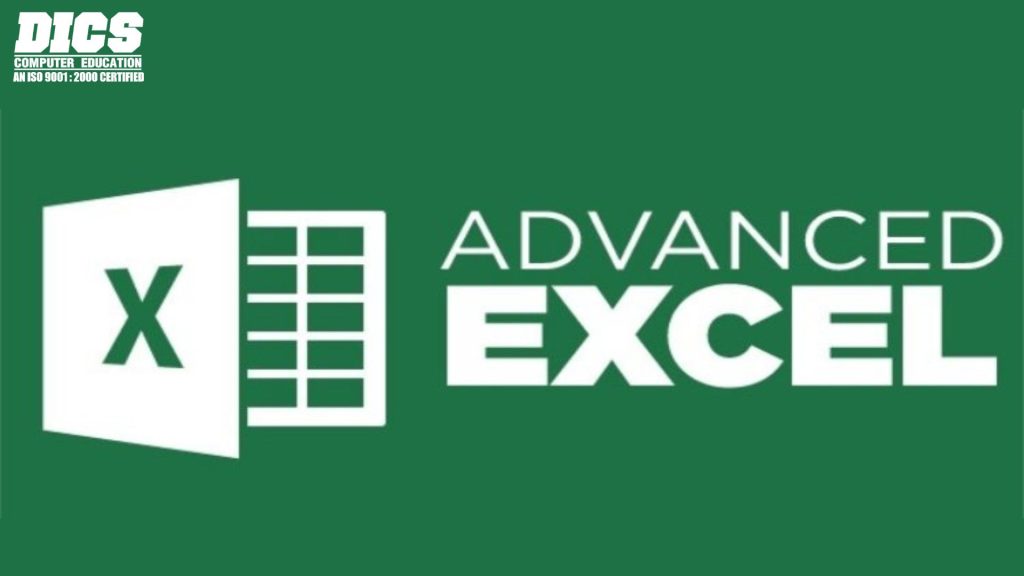Mastering Advanced Excel
In today’s fast-paced world, proficiency in Advanced Excel has become more than just a skill—it’s a necessity. Whether you are in finance, marketing, operations, or any other domain, Excel helps streamline tasks, analyze data, and improve decision-making. While basic knowledge covers functions like SUM, AVERAGE, and VLOOKUP, Advanced Excel unlocks powerful tools and techniques that can elevate your productivity to the next level.
Why Should You Learn?
- Data Management and Analysis:
With advanced tools, Excel can handle large datasets efficiently. It enables sorting, filtering, and structuring data, making it easier to generate insights. - Improves Accuracy:
Excel minimizes human error by automating calculations with formulas, functions, and macros. As a result, you save time and ensure accuracy in repetitive tasks. - Industry Demand:
From finance to HR, professionals in almost every industry rely on Excel to create reports, forecasts, and dashboards. Advanced Excel skills make you a valuable asset to employers.
Key Features:
1. Pivot Tables and Pivot Charts
- What it does: Pivot Tables summarize large datasets and allow you to manipulate data dynamically.
- Practical Use: Create sales reports, budget summaries, or analyze customer trends without altering raw data.
2. Advanced Functions and Formulas
- Key Functions:
- IF, AND, OR: For conditional operations.
- INDEX-MATCH: A more versatile alternative to VLOOKUP.
- TEXT Functions: Clean and manipulate text-based data.
- Practical Use: Automate decision-making by nesting formulas like IF-AND-OR or build dynamic reports with INDEX-MATCH.
3. Data Validation and Conditional Formatting
- What it does: Ensures data consistency and highlights key trends.
- Practical Use: Create dropdown lists for easy data entry or highlight overdue tasks with color-coded formatting.
4. What-If Analysis
- Goal Seek: Adjusts input values to reach a desired result.
- Scenario Manager: Compares multiple financial outcomes under different scenarios.
- Practical Use: Forecast budgets, sales targets, or break-even points with ease.
5. Macros and VBA (Visual Basic for Applications)
- What it does: Automates repetitive tasks by recording and executing macros or writing VBA scripts.
- Practical Use: Generate automated reports or run repetitive tasks (like payroll processing) with a single click.
How Advanced Excel Can Boost Your Career:
- Enhance Your Productivity:
Tasks that previously took hours can now be done in minutes with the right formulas, macros, and tools. - Data-Driven Decision Making:
Professionals equipped with Excel tools like Pivot Tables, What-If Analysis, and VBA can generate actionable insights. This makes them better at problem-solving and decision-making. - Improves Job Prospects:
Employers look for candidates who can efficiently work with data. Advanced Excel skills are often listed as a requirement for roles in business analysis, accounting, project management, and more. - Stand Out in Interviews:
Demonstrating your expertise in Excel during job interviews by discussing specific use cases or projects can set you apart from other candidates.
Applications of Advanced Excel Across Industries:
- Finance and Accounting:
Forecasting, budgeting, profit-and-loss analysis, and reconciliations. - Marketing:
Campaign analysis, customer segmentation, and performance tracking. - Human Resources:
Employee data management, payroll calculations, and attendance tracking. - Operations and Supply Chain:
Inventory management, procurement tracking, and production scheduling.

